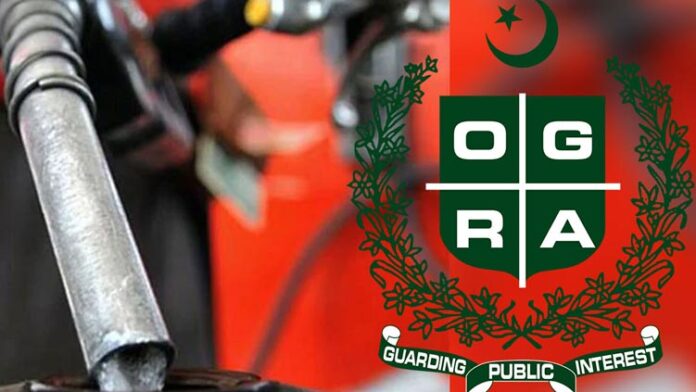ISLAMABAD: In a major step toward modernising Pakistan’s petroleum sector, the Oil and Gas Regulatory Authority (OGRA) has launched the second phase of its flagship initiative aimed at digitising the country’s oil supply chain.
The move marks a significant push toward transparency, operational efficiency, and enhanced regulatory oversight in the downstream oil sector.
Building on the earlier success of its online licensing platform and initial digitisation efforts, OGRA has now introduced a comprehensive Track & Trace system in collaboration with the Punjab Information Technology Board (PITB). This system will provide end-to-end digital tracking of petroleum product movement—from refineries and import terminals to storage depots, oil tankers, and retail outlets—making real-time monitoring possible through ERP platforms, GPS tracking, and centralised dashboards.
According to OGRA Spokesperson Imran Ghaznavi, the newly launched phase is designed to not only improve supply chain visibility but also to curb illegal practices such as fuel decanting and cross-border smuggling. “This landmark initiative reflects OGRA’s role as a forward-looking regulator committed to digital innovation for national development,” he said.
Earlier, OGRA, in collaboration with the Federal Board of Revenue (FBR) and the Oil Companies Advisory Council (OCAC), had launched the Raahguzar mobile application, which allows consumers to locate licensed fuel stations through GIS mapping. The second phase builds on this digital infrastructure by expanding regulatory oversight across the entire logistics chain.
At present, more than 29 Oil Marketing Companies (OMCs) are operating under ERP-based management systems, and around 15,000 oil tankers have already been fitted with GPS devices, laying the groundwork for a full-scale nationwide rollout of the Track & Trace system.
“This initiative represents a major step toward a modern, transparent, and secure oil supply chain in Pakistan,” said Masroor Khan, Chairman OGRA. “It underscores our commitment to leveraging technology for better governance, enhanced public safety, and improved consumer confidence.”
The second phase of digitisation aligns with OGRA’s broader vision of adopting data-driven regulatory mechanisms to ensure accountability and safety in the energy sector.




